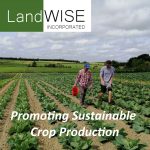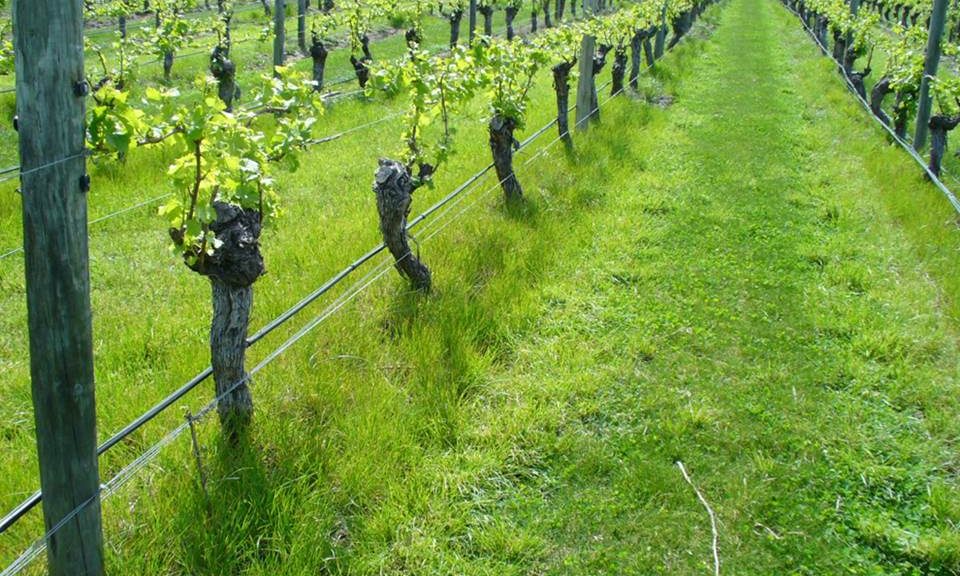This week we hear from Dr Johanna Steyaert, Trichoderma research scientist and molecular biologist and Max Purnell, Trichoderma practitioner and dairy farmer. Johanna and Max will talk about their work with Trichoderma a type of fungi that lives in symbiosis with plant roots, where they can increase nitrogen use efficiency and solubilise phosphate as well as protect against root diseases.
“Spray-free” is an oft cited aspiration as the shift towards regenerative practices continues. An important part of such a strategy is the use of bioinoculants such as Trichoderma in place of traditional chemicals. However, it is not quite as simple as that. Beneficial microbes form part of a large interconnected web, a biological and chemical ‘superhighway’. Understanding those relationships is the foundation for understanding how to better optimise growth promotion and biocontrol.
Dr Johanna Steyaert is a senior scientist at Lincoln Agritech Ltd with 20 years’ experience working with Trichoderma bioinoculants used for disease control and growth promotion. Her research spans understanding the genetics of Trichoderma fungi to optimising production of biocontrol agents in collaboration with commercial partners. After completing her PhD, Johanna won a prestigious Marsden Fund grant from the New Zealand Royal Society. She led a highly original project studying the effect of the Earth’s electromagnetic field on fungal reproduction. Johanna has a strong interest in regenerative practices and the role Trichoderma play.
Max Purnell, was a member of the AGMARDT board for 10 years where his interest in soils and background in farming lead him to become interested in the work of Dr. Robert Hill who pioneered Trichoderma research in New Zealand. Max runs an 80 ha dairy farm in Thames, and takes a soils-first approach to farming. He has experimented with several strains of Trichoderma on the farm, and has supported research to collect Trichoderma fungi and observe their benefits to the farm system.
Thanks to our LandWISE Conference sponsors who continued their support by helping with the podcasts series after our May 2020 conference was Covid Cancelled.




 The
The  Hugh Ritchie is a founding farmer and life member of LandWISE. Hugh farms on Drumpeel Station a 2000ha mixed arable, process vegetable and lamb fattening operation.
Hugh Ritchie is a founding farmer and life member of LandWISE. Hugh farms on Drumpeel Station a 2000ha mixed arable, process vegetable and lamb fattening operation.
 “I am extremely grateful for my time at LandWISE, I have thoroughly enjoyed the opportunity to meet and engage with all of our farmer members, and wider community. It’s been a great introduction to the Horticultural and Arable industry, and has given me a huge deal of respect for its growers and farmers. I have learnt so much and gained some fantastic experiences – from talking visual soil assessments with growers, to harvesting potato trials, and driving tractors around orchards the work has been varied and challenging (in a good way) from day one. I will miss the wonderful team here at LandWISE, and plan to stay in touch.”
“I am extremely grateful for my time at LandWISE, I have thoroughly enjoyed the opportunity to meet and engage with all of our farmer members, and wider community. It’s been a great introduction to the Horticultural and Arable industry, and has given me a huge deal of respect for its growers and farmers. I have learnt so much and gained some fantastic experiences – from talking visual soil assessments with growers, to harvesting potato trials, and driving tractors around orchards the work has been varied and challenging (in a good way) from day one. I will miss the wonderful team here at LandWISE, and plan to stay in touch.”



